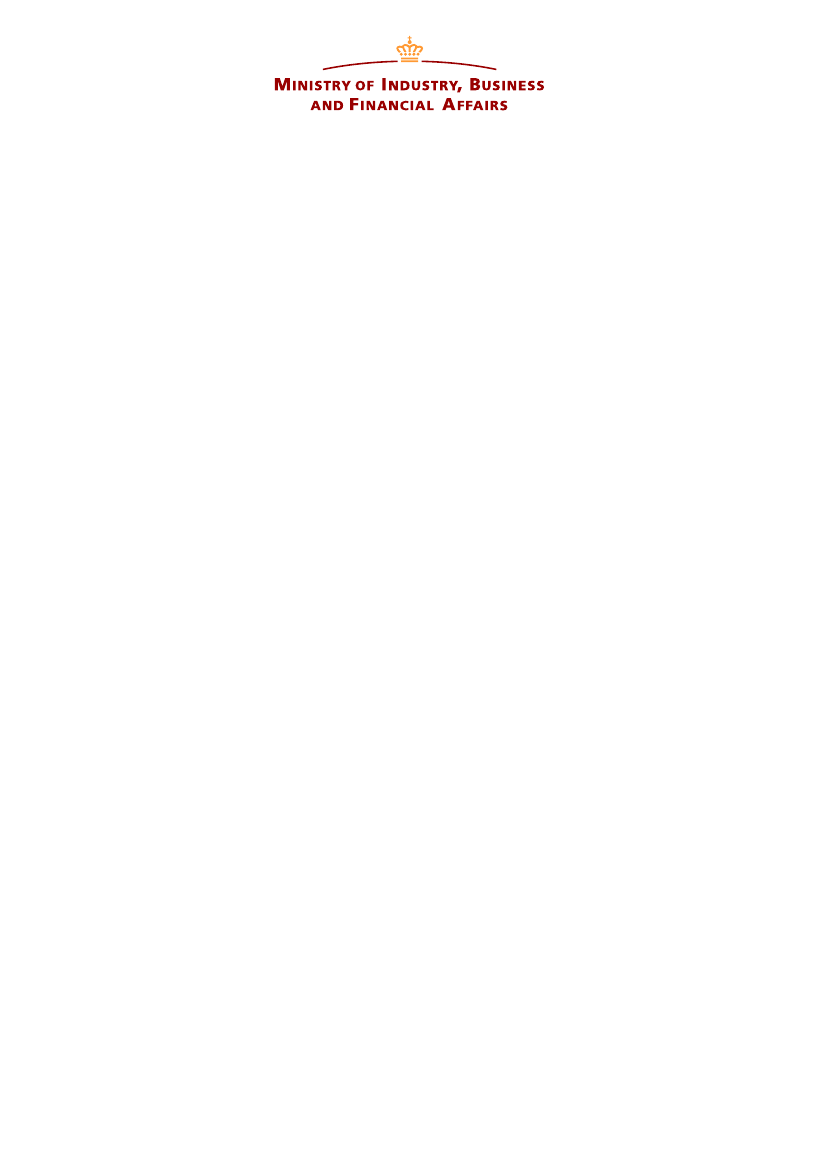
The Danish Government’s response to the public consultation on
the Digital Services Act
General Comments
The Danish Government looks forward to the Commission’s upcoming
Digital Services Act (DSA). The EU needs to modernise the legal frame-
work for digital services and hence the Danish government supports this
ambition.
The Danish Government notes how especially the rise of digital platforms
have created new and unforeseen challenges that need to be addressed. Dig-
ital platforms serve important functions as gateways to information and fa-
cilitators of communication, why the largest platforms have become the
equivalent of public spaces. It is hence highly problematic that these private
companies effectively decide how freedom of expression and information
can be exercised on their platforms. European citizens experience their fun-
damental rights infringed when their content is removed, or their accounts
are blocked with no democratic safeguards or transparency/without expla-
nation or due process. At the same time, the platforms’ efforts are not prov-
ing adequate in the removal of illegal content, which is distributed with
speed and efficacy on the platforms. In effect, citizens are increasingly ex-
posed to terrorist content, appeals to violence, and the sharing of child por-
nography. On the platforms, consumers moreover risk inadvertently pur-
chasing illegal and dangerous products and are increasingly exposed to un-
lawful and misleading marketing. For the individual citizen it can be a
struggle to have illegal content removed when facing a large platform that
does not respond to their complaints. This has especially proven an obstacle
for victims who have had their intimate pictures disseminated widely on
platforms without their consent. It is the experience that some platforms
shed their responsibilities because they are not liable for content generated
by others. Finally, platforms can position themselves in such a way that
existing laws and regulations do not effectively apply to them and they go
virtually unregulated. The Danish Government hence finds that there is a
pressing need to establish a new framework with clear requirements for
digital platforms’ liability and responsibilities.
The criteria for success is a more responsible digital economy, where dig-
ital service providers take up greater responsibility in order to mitigate risks
deriving from their services, and at the same time safeguard fundamental
rights and setting high standards as regards the rebooting of our digital
economy.
In the following, we have listed our main points to the public consultation
on the DSA. These are elaborated in the attached annex.
8. September 2020